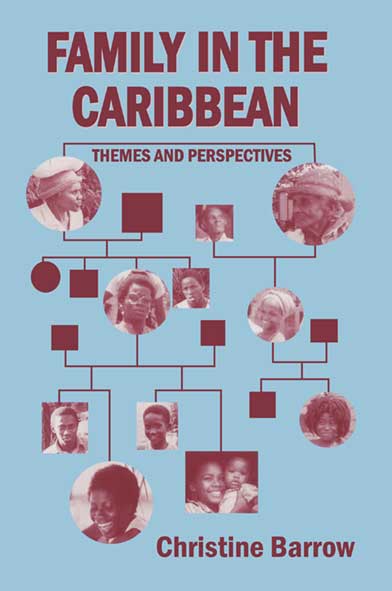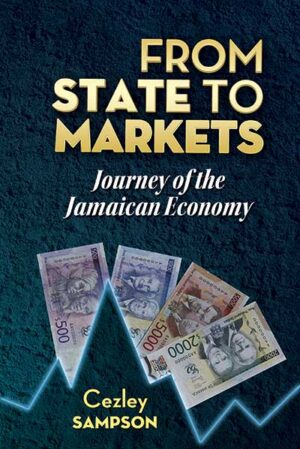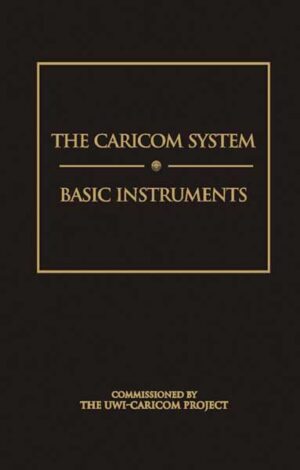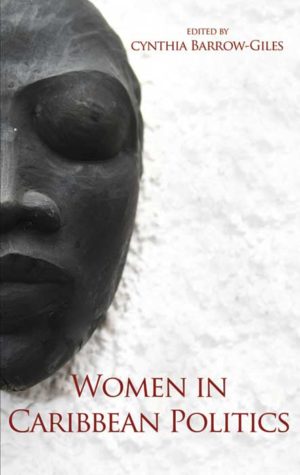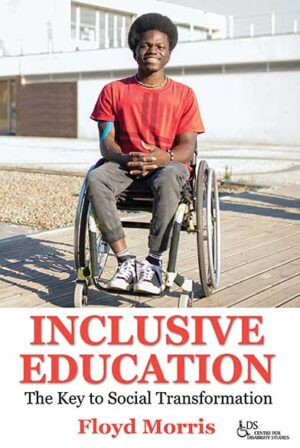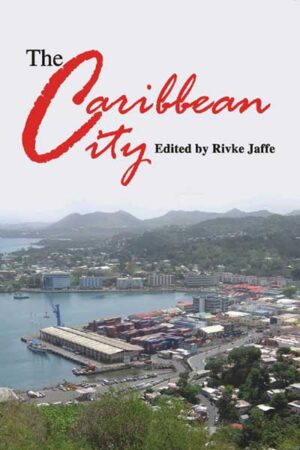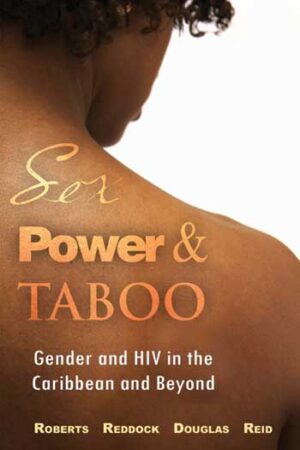Description
Family in the Caribbean provides a comprehensive review of the extensive literature on family, household and conjugal unions in the Caribbean. The book is constructed around six themes prominent in Caribbean family studies, namely definitions of the family, plural and creole society, social structure, gender roles and relationships, methodology, history and social change.
Part I critically assesses theoretical trends and interpretations from the perspectives of African heritage, colonial social welfare, structural functionalism, adaptive responses to poverty and kinship ideology and practice. Concepts such as matrifocality, male marginality, female headed household and kinship network are examined.
Part II reviews substantive topics of slave family structure, East Indian family patterns, childhood socialisation and social policy.
An added feature is the inclusion of selected readings from works by the main contributors to Caribbean family theory which provide a handy reference for readers. These readings are conveniently placed at the end of each section.
The author’s objective is to pave the way for future investigations which study Caribbean families in their own right, and in the process help to bury the ethnocentric images of deviant and disorganised families.
About the Author
Christine Barrow is Professor of Social Development, and has worked with the University of the West Indies, Cave Hill Campus since 1970. Prof. Barrow was attached to the Department of Government, Sociology and Social Work, which she headed from 1990 to 1993 and 1996 to 1999. She also was Coordinator for the Women and Development Studies Group from 1987 to 1988. She was appointed Deputy Principal in August 2002.
Prof. Barrow’s research interests include Caribbean kinship, Gender, Children, and Social Development and she has published extensively in these areas. She has also acted as a Consultant for United Nations Children’s Fund (UNICEF), the Department for International Development (DFID), Caribbean Support Initiative (CSI) and other local and International Agencies; and was President of the Barbados Family Planning Association from 2001 to 2003.
Contents
INTRODUCTION :DEFINITION AND THEMES
The Caribbean
Themes
Organisation
PART ONE: Theories
- Origins and Functions
Origins
Functions
Social Pathology
Structural Functionalism
Matrifocality
Summary: Structure and Values
Readings
II Labels and Typologies
Conjugal Unions
Conjugal Union and Fertility
Household Composition
Conclusion
III Personal Choice and Adaptive Response
Personal Choice
Adaptive Response
Conjugal Unions and Parental Roles
Marriage and Extra-Legal Unions
Child-Shifting
Kinship Networks
Matrifocality
Female Headed Households
Conclusion
Readings
- Ideology and Culture
Methodology
Conjugal Relationships
Matrifocality Revisited
Male Marginality Revisited
Illegitimacy
The Importance of History
Conclusion
Readings
PART TWO: Perspectives
- Slave Families
Slave Family: Chaos or Reconstruction?
Conjugal Unions: Monogamy, Polygamy or Promiscuity?
Slave Family: Nuclear, Extended or Mother-Child Units
Understanding Slave Families
The Slave Plantation System and Planter Dominance
SlaveMarriage on the Codrington Estate, Barbados
The African Heritage
Demographic Structure
Economic Circumstances and Options
Conclusion
Readings
- East Indian Families
Indians Kinship Patterns
Conditions of Indenture
Reconstruction of Marriage and the Family
Cultural History or Contemporary Economics?
Readings
VII. Child Socialisation, Relocation and Abandonment
Childhood and Puberty
Discipline and Punishment
Roles and Relationships of Socialisation
Relocation and Abandonment
Conclusion
Readings
VIII. Social Policy: State, Law and Church
General Principles and Objectives of Family Policy
Family and the Law
Family and the Church
Conclusion
Readings
- CONCLUSION: THEMES AND PERSPECTIVES
- BIBLIOGRAPHY

